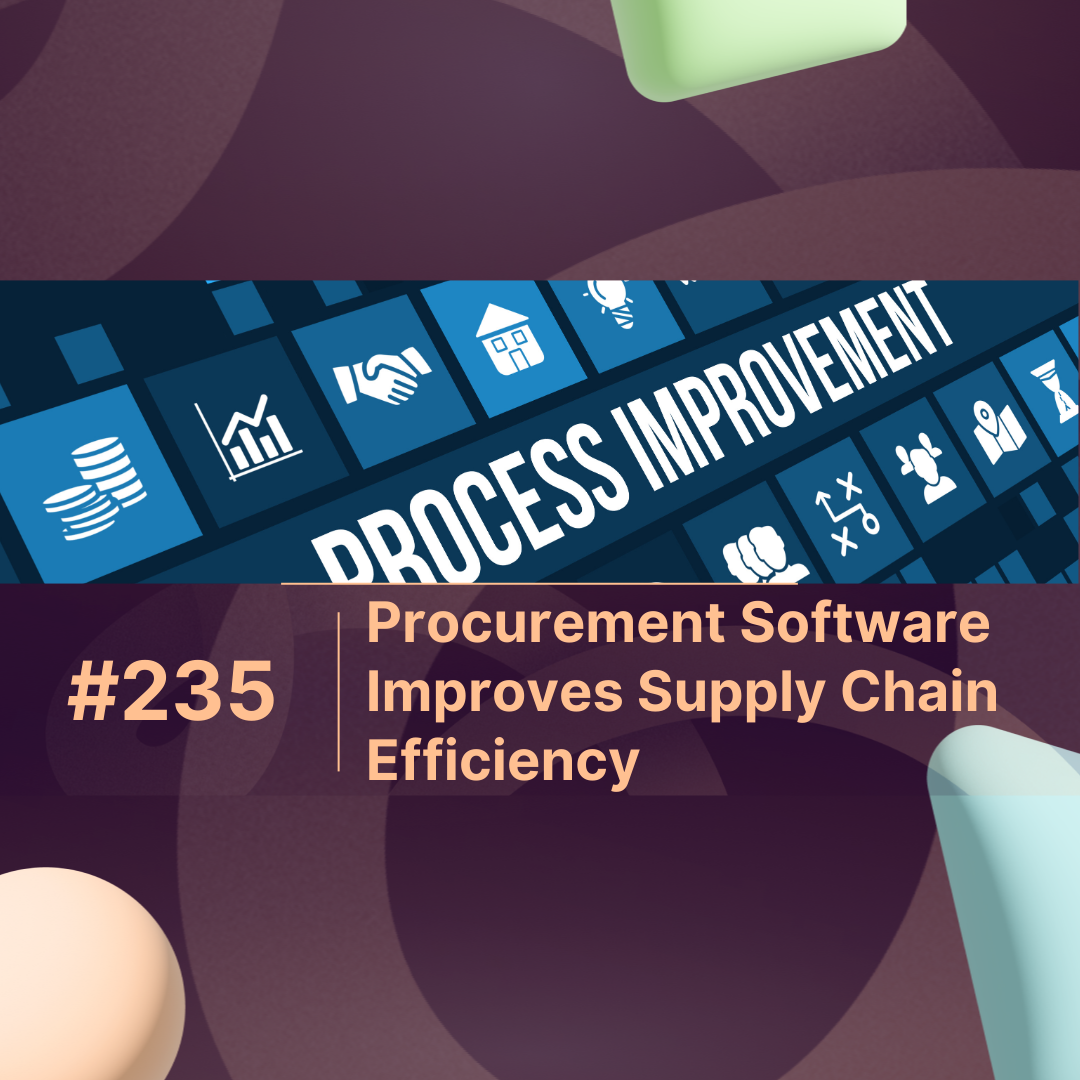Overview
In 2025, businesses are under increasing pressure to digitize HR operations for speed, accuracy, and employee satisfaction. One of the most impactful tools in this transformation is Employee Self Service (ESS) — a technology that empowers employees to manage their own HR-related tasks without relying on constant HR assistance.
From accessing payslips and updating personal data to requesting time off and viewing policies, Employee Self Service portals reduce administrative burdens while improving transparency and engagement across teams.
In this article, we explore the top 10 benefits of Employee Self Service and how it enhances HR productivity and staff efficiency in a modern workplace.
What Is Employee Self Service?
Employee Self Service (ESS) is a feature in HRMS (Human Resource Management Systems) or standalone portals that allows employees to manage, view, and update their own employment-related information. It enables staff to independently access details such as payroll, leave balances, benefits, and company documents — all through a secure platform.
Top 10 Benefits of Employee Self Service
1. Reduced Administrative Workload
With ESS, HR no longer needs to manually process every leave request, payslip inquiry, or address change. Employees handle these tasks independently, allowing HR to focus on strategic initiatives.
2. Improved Data Accuracy
When employees input their own information, there’s a decreased risk of human error. They can update contact details, banking info, or emergency contacts instantly, ensuring records are always current.
3. 24/7 Access to HR Information
ESS platforms provide anytime, anywhere access to important HR documents, forms, and policies — ideal for remote and global teams.
4. Faster Leave and Attendance Management
Employees can apply for time off and track their attendance in real-time. Automated approvals streamline workflows and reduce turnaround times.
5. Enhanced Transparency
ESS promotes a transparent work culture by allowing employees to track requests, view payroll deductions, and monitor performance evaluations directly.
6. Increased Employee Engagement
When staff feel empowered and in control of their HR needs, it leads to higher satisfaction and engagement. ESS gives employees a voice in managing their work life.
7. Cost Savings for HR Departments
By automating repetitive tasks, businesses save on HR administrative costs. Less paperwork and fewer manual processes mean more efficient operations.
8. Compliance and Audit Readiness
ESS systems automatically log employee activity, document approvals, and policy acceptances — making it easier to stay compliant with labor laws and internal audits.
9. Faster Onboarding Experience
New hires can complete documentation, review company policies, and upload credentials via ESS before their first day, resulting in a smoother onboarding process.
10. Real-Time Insights and Reporting
Managers and HR can generate reports on employee leave, benefits usage, and attendance trends — supporting better, data-driven decision-making.
Benefits of Employee Self Service
| Benefit | Impact on HR | Impact on Employees |
|---|---|---|
| Reduced Admin Tasks | Saves time and resources | Faster responses to requests |
| Improved Data Accuracy | Fewer corrections and errors | Ownership of personal records |
| 24/7 Access | Less dependency on HR staff | Convenient self-service |
| Streamlined Leave Management | Simplified approval workflows | Real-time status updates |
| Enhanced Transparency | Builds trust | More visibility into processes |
| Better Employee Engagement | Less manual intervention | Greater satisfaction |
| Cost Savings | Reduced labor costs | Efficient task handling |
| Compliance & Audit Readiness | Easy tracking and documentation | Secure record of actions |
| Improved Onboarding | Saves HR hours | Seamless first-day experience |
| Real-Time Reporting | Strategic HR planning | Better visibility into performance |
Conclusion
Employee Self Service is no longer just a convenience — it’s a competitive advantage. By empowering employees to handle their own HR needs, companies benefit from faster processes, improved accuracy, higher engagement, and lower administrative costs.
For HR teams aiming to become more strategic in 2025, adopting a robust Employee Self Service portal is a smart investment that boosts both productivity and employee satisfaction.
FAQs
1. What is Employee Self Service in HR?
Employee Self Service (ESS) allows employees to access and manage their HR information like payslips, time off, and personal details through a secure online system.
2. How does Employee Self Service benefit HR departments?
It reduces manual tasks, improves data accuracy, and enables HR professionals to focus on strategic work instead of repetitive inquiries.
3. Is Employee Self Service secure for sensitive data?
Yes, modern ESS systems use data encryption, role-based access, and audit logs to protect sensitive employee information.
4. Can small businesses use Employee Self Service platforms?
Absolutely. Many cloud-based HR solutions offer ESS features tailored for SMEs and startups, often at affordable pricing.
5. What features should an Employee Self Service system have?
Look for features like leave management, payroll access, document upload, digital onboarding, and mobile compatibility for the best results.



